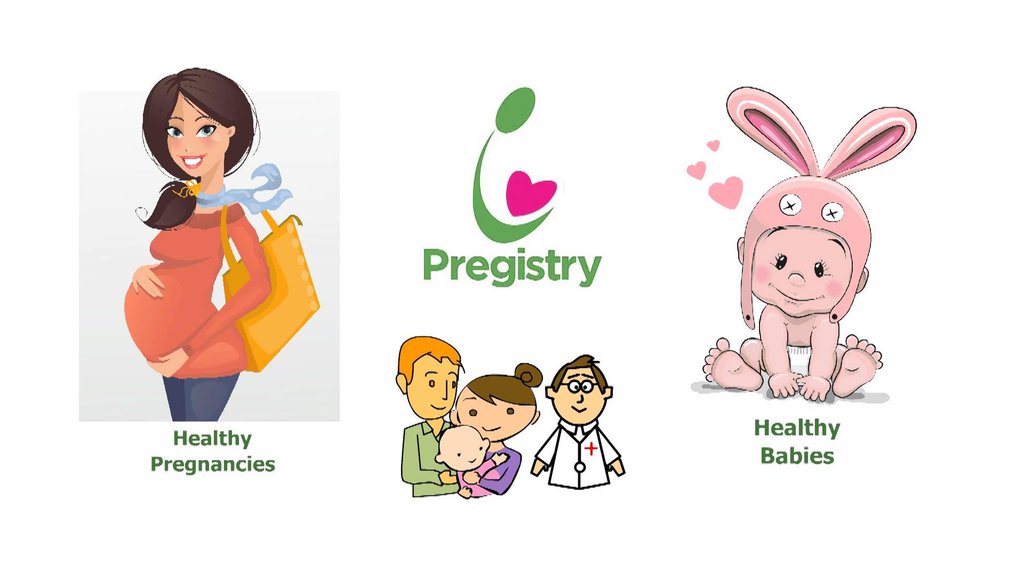These days we’re hearing a lot about the fight for women’s reproductive rights. We’re also hearing a lot about legislation that has, as its aim, to limit those same rights. We often see the term ‘reproductive rights’ as being synonymous with access to contraception and safe abortion. But what else does the term actually encompass?
Looking to international public health and human rights organizations, we can see several themes emerge. The first theme we see is a focus on the prevention of maternal mortality and morbidity. That is to say, women’s reproductive rights emphasize the prevention of death or other illness or incapacity of a mother or potential mother. Another theme we see is access to reproductive health services. This includes access to contraceptives, cervical cancer screenings, and treatment of sexually transmitted infections (STIs). Finally, we see the protection of a woman’s right to self-determination—specifically, her right to decide when to have children and when not to.
Reproductive rights include:
- Prevention of maternal mortality and morbidity (death and illness or incapacitation).
- Access to reproductive health services, including contraceptives, cancer screenings, and treatment of STIs.
- Protection of a woman’s right to self-determination, specifically her right to decide when to and when not to have a family.
Access to post-abortion family planning counseling as a reproductive right
It is apparent from the above list that the fight for women’s reproductive rights doesn’t end with access to contraceptives and safe abortion (see self-determination), though both are integral components. Something we often forget about is the prevention of maternal mortality and morbidity associated with abortion. This is what access to post-abortion care, including post-abortion family planning, is all about.
Whether it’s a medical abortion or a surgical abortion, both are considered medical procedures. As such, an abortion should be treated like any other medical procedure. Often times, shame and stigma keep women from getting the care they need. For any other procedure, a patient receives care from a qualified medical professional before, during, and even after. For example, if you have a musculoskeletal injury that requires a procedure, you are often prescribed a course of rehabilitation to strengthen and prevent reinjury of that body part. The rehabilitation keeps you from needing a repeat procedure.
The same is true of counseling for post-abortion family planning.
What is post-abortion family planning?
Simply put, post-abortion family planning is counseling to inform the patient that, depending on the trimester during which the procedure occurred, she can get pregnant as early as 11 days after an abortion. It is critical that she not only plans what method of birth control she will use, but also begins its use immediately (within 48 hours). Not only does this help prevent a repeat procedure, but it also allows time for her body to recover from the procedure as well as the initial pregnancy. It is recommended that women wait at least six months between pregnancies. Optimal spacing between pregnancies is 18 months to two years.
Counseling for post-abortion family planning includes:
- Discussion of when a woman can get pregnant after an abortion (as early as 11 days post-procedure).
- Discussion of future goals regarding having children.
- Discussion of contraception options and side effects.
- Discussion of protection against sexually transmitted infections.
- Discussion of where to access refills of contraception.
- Discussion of when and where to follow up for continued care.
Discussing a wide range of contraceptive options
It has been shown that a discussion of a wide range of contraceptive options can help prevent future need for abortion. No patient can know everything about every method of contraception that’s out there. It is likely that a post-abortion patient will learn of a new contraceptive method during the counseling session that she feels will fit her needs. This is especially true when it comes to longer term options like an IUD (intra-uterine device).
As long as a post-abortion patient does not have any conditions that interfere with the use of a particular method of contraception, all available options can be presented.
Contraceptive options for post-abortion patients include (but are not limited to):
- Oral contraceptive pill
- IUD
- Birth control patch
- Vaginal ring
- Birth control implant
- Condoms
- Tubal ligation
Women’s reproductive rights
When it comes to women’s reproductive rights, international public health and human rights organizations point first and foremost to protecting women from maternal mortality and morbidity. This protection can come in many forms. One form is access to counseling for post-abortion family planning.



